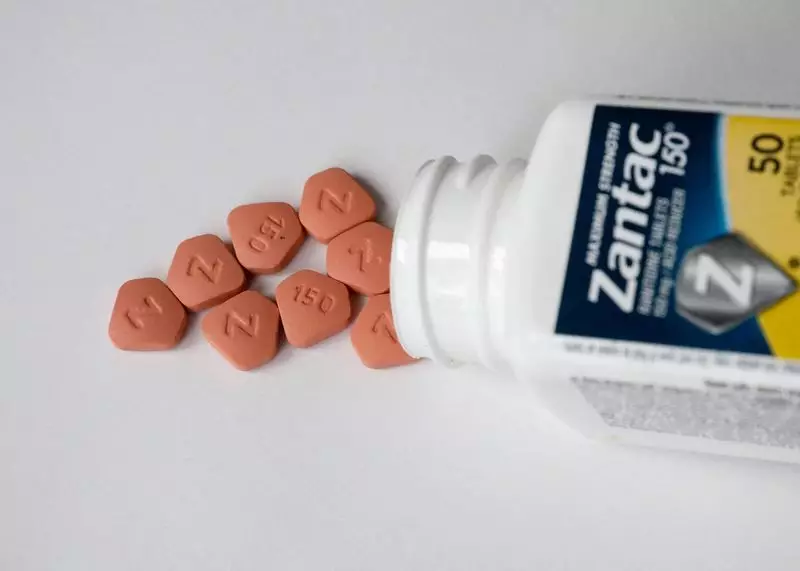A recent ruling by a Delaware judge has allowed over 70,000 lawsuits involving the discontinued heartburn drug Zantac to proceed, signaling a potential legal battle for former Zantac manufacturers such as GSK, Pfizer, Sanofi, and Boehringer Ingelheim. The decision by Judge Vivian Medinilla of the Delaware Superior Court in Wilmington permits expert witnesses to testify in court about the possible link between Zantac and cancer. While plaintiffs’ lead lawyers see this ruling as a step towards justice for their clients, the drugmakers have expressed their disagreement with the decision and have vowed to appeal, citing a lack of reliable evidence showing that Zantac causes cancer.
The controversy surrounding Zantac began in 2019 when some manufacturers and pharmacies halted the sales of the drug due to the presence of a cancer-causing chemical called NDMA in certain pills. Concerns were raised about Zantac’s active ingredient, ranitidine, degrading into NDMA over time or when exposed to heat, potentially putting consumers at risk. Subsequently, a wave of lawsuits emerged from individuals who claimed to have developed cancer as a result of taking Zantac. Plaintiffs allege that the drug companies were aware of the risks posed by ranitidine but failed to adequately warn consumers.
With nearly 80,000 cases still pending in the United States related to Zantac, Judge Medinilla is overseeing the majority of these lawsuits in Delaware. In addition to the cases in Delaware, the drugmakers are facing thousands of claims in California state court and other state courts across the country. While a recent jury verdict in Chicago sided with the drug companies in a Zantac-related cancer case, the legal battle continues with ongoing appeals by plaintiffs and conflicting rulings in different jurisdictions.
Zantac, once the world’s top-selling drug, made headlines in 1988 as the best-selling medicine and one of the first drugs to surpass $1 billion in annual sales. Originally marketed by a predecessor of GSK, Zantac changed ownership multiple times before being ultimately acquired by Sanofi. Despite its past success and widespread use, the drug’s legacy is now marred by legal disputes and allegations of cancer risks, leading to a significant decline in its popularity and market presence.
The legal battle over Zantac and cancer allegations highlights the complex intersection of pharmaceutical regulation, consumer safety, and corporate responsibility. As the lawsuits unfold and legal proceedings continue, the ultimate impact on the drug industry and public perception remains uncertain. The competing narratives presented by plaintiffs and drugmakers underscore the importance of transparent communication, rigorous scientific research, and accountability in ensuring the safety of pharmaceutical products and protecting the well-being of consumers.

